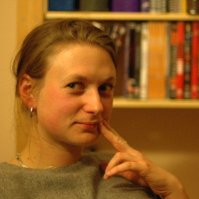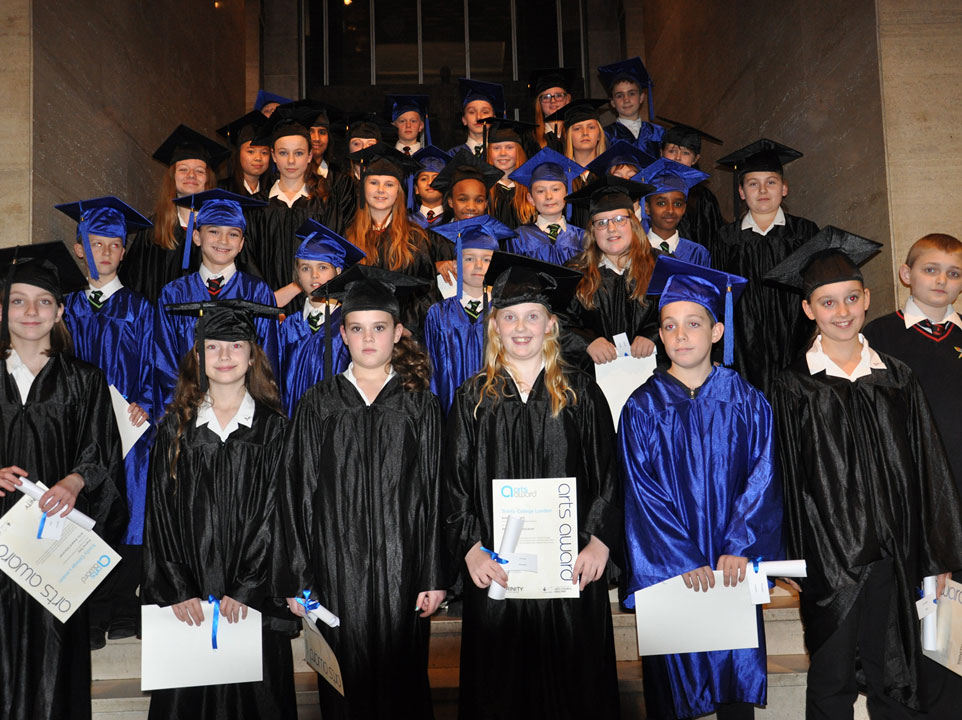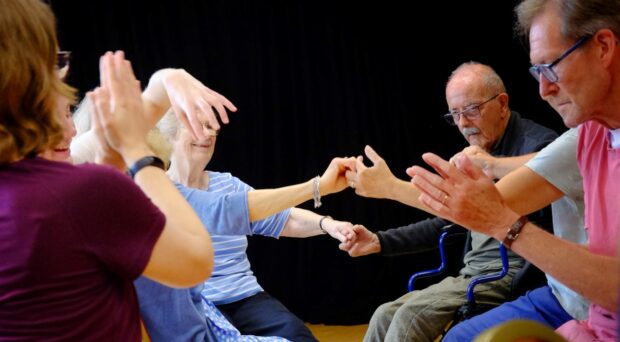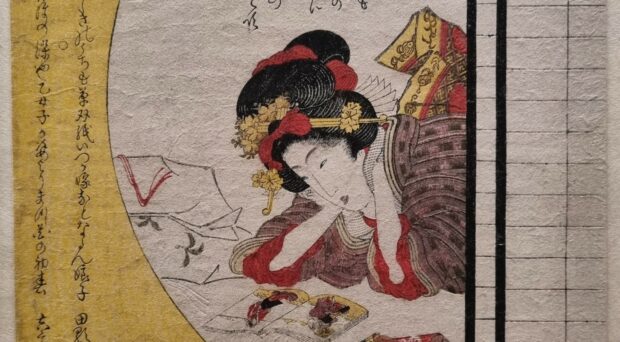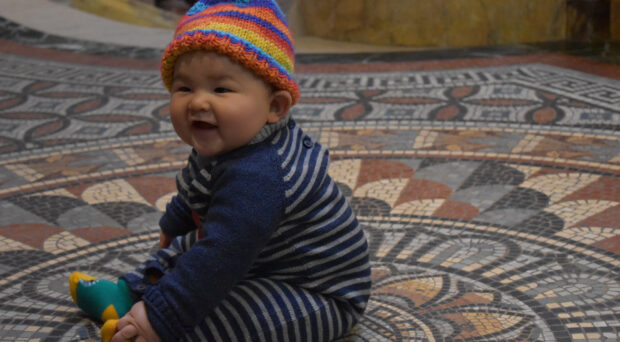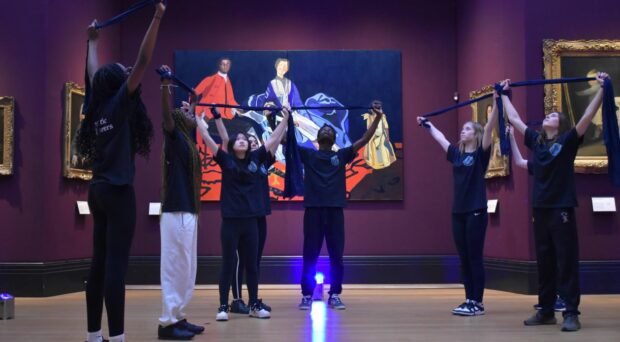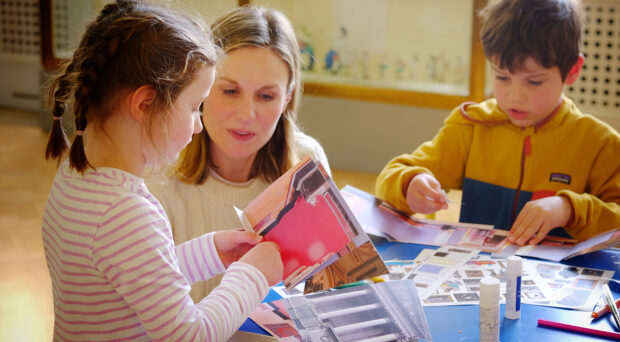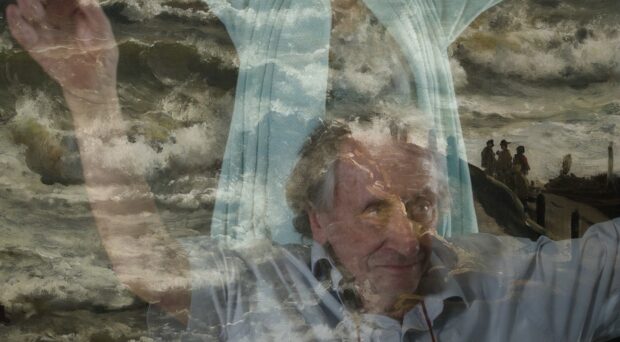Since summer 2016, Kate Carreno, Assistant Director Central Services, and Miranda Stearn, Head of Learning, at the Fitzwilliam Museum have been participating in the Arts Marketing Association’s Audience Diversity Academy Fellowship programme.
Here they share their experience of the programme so far and their aspirations for how it might help them approach change:
Being selected to participate in the Arts Marketing Association’s Audience Diversity Fellowship programme has been a timely and thought-provoking opportunity for us at the Fitzwilliam Museum. With our colleagues across University of Cambridge Museums (UCM), we are committed to making Cambridge’s exceptional collections accessible to the widest possible range of audiences. But we also recognise that realising this vision can be easier said than done.
We follow Arts Council England’s definition of diversity to include both protected characteristics and lower socio-economic groups. This is particularly pertinent in Cambridge, which ranked 5th worst in the country in the 2016 Social Mobility Index. Across the UCM, we also work with the Audience Agency to understand our visitor profile through segmentation. When we look at which segments are most under-represented among our current visitors, Dormitory Dependables, Trips & Treats, Home & Heritage and Facebook Families are the least represented, accounting for 62% of the East population but only 40% of our visits. This means two out of four key under-represented segments (Trips & Treats and Facebook Families) are family audiences.
With this in mind, our aspiration for the Audience Diversity Academy was to test approaches to supporting progression from our targeted programmes to our universal provision, with the aim of diversifying the range of families who would feel confident engaging with our free family learning offer or visiting the museum independently.
This is important to the museum for a number of reasons. We are active members of our Local Cultural Education Partnership, My Cambridge, and subscribe to its aspiration that ‘every young person is able to confidently construct their own cultural life, drawing on and connected to the whole of their environment’ as part of our response to Arts Council England’s Cultural Education Challenge. We believe engaging with culture is a young person’s right, and can make a significant difference to their lives in many ways from raising aspirations to developing empathy. But we know that for ALL children and young people to engage with our museums in this way, we need to be proactive. We have strategic partnerships with schools in areas of relative deprivation and low participation; we also have delivery partnerships with organisations working with young people with disabilities. These programmes are successful in supporting young people to build connections with the Fitzwilliam and our UCM partners.
Our Audience Diversity Academy experiments aim to extend our engagement with these children and young people, and crucially their families and wider communities, beyond the lifespan of particular projects. We are planning a variety of experiments, including:
- Making opportunities to celebrate young people’s creative achievements at the museum, and inviting their families to attend;
- Making the most of these occasions to offer a proactive welcome and invite further engagement, including signing up families to be part of future focus groups;
- Putting young people in control to plan events at the museum for their peers and families;
- Developing targeted marketing approaches with strategic partner schools so that information about our family learning offer is embedded in school communication with parents;
- Piloting facilitated visits for families from partner schools during holidays;
- Displaying young people’s creative work to encourage family visits;
- Experimenting with incentives and feedback mechanisms that would both encourage and help track independent visits from families from target schools.
Currently, across UCM, we have been revising and refining our audience development plan, and it has been great to be able to feed our ideas form the audience diversity fellowship into this work. We look forward to carrying out our experiments and sharing them with our peers across the sector, as well as learning from the to shape our own future practice.

